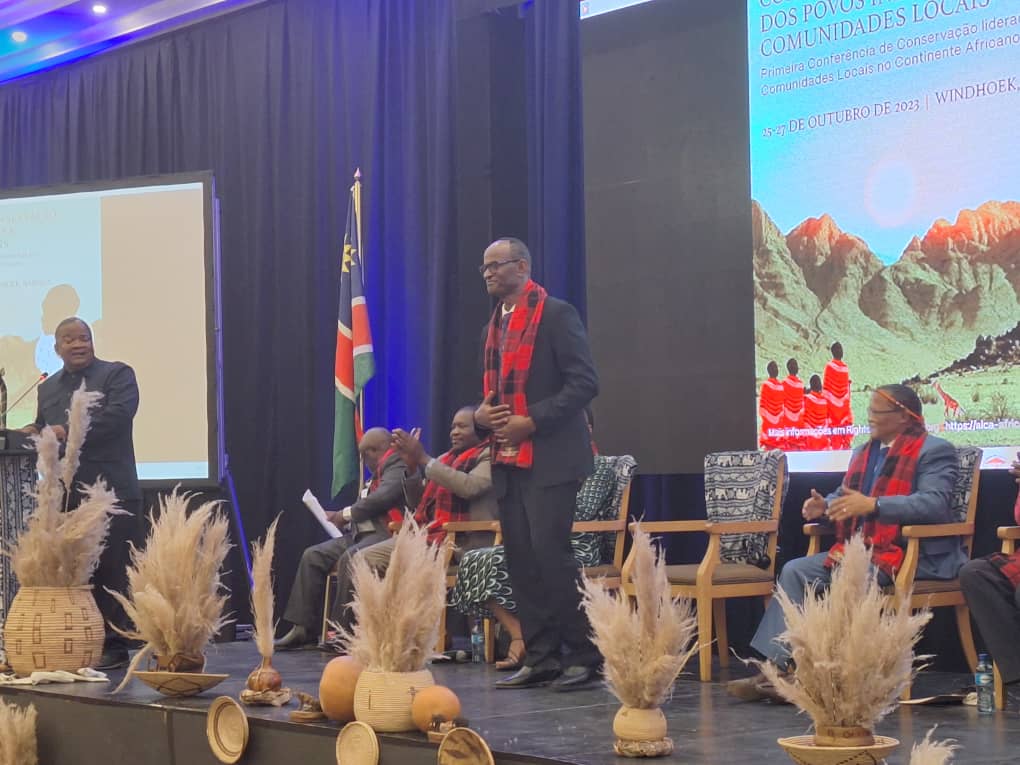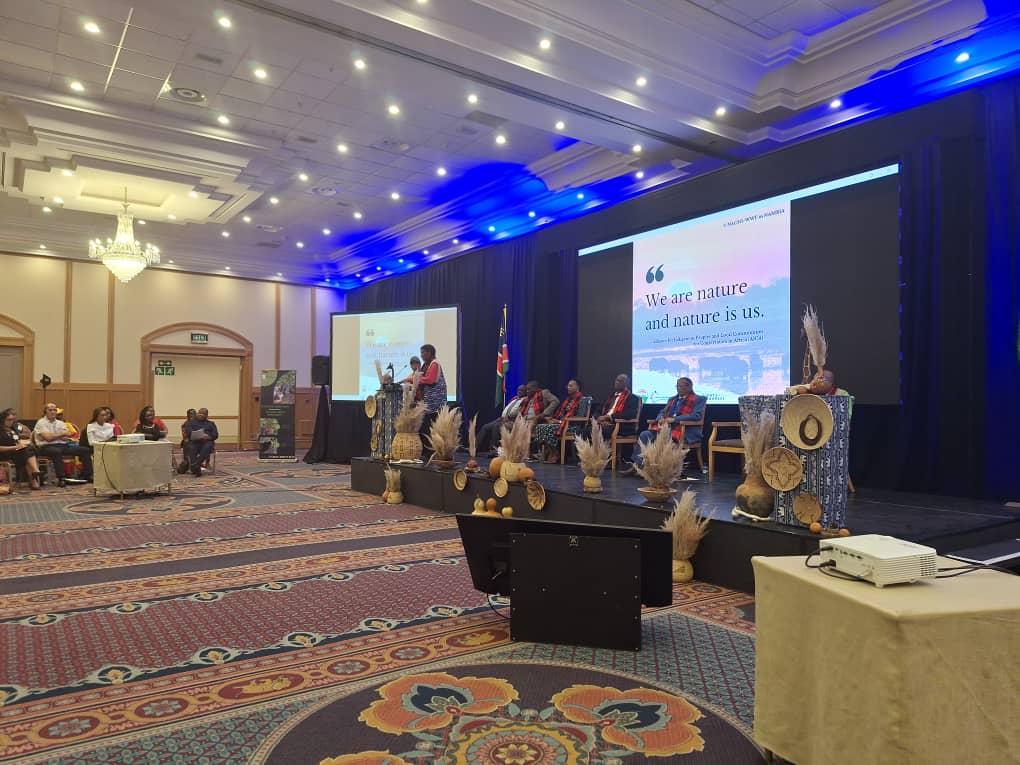WAMIP Member Tezera Getahun recently participated in the Indigenous Peoples and Local Communities’ Conservation Congress in Namibia as a representative of the East & Horn of Africa. He was only one of the representatives from five subregions of Africa and a variety of backgrounds to discuss Africa’s unique ecological position. The congress, which spanned three days from the 25th to the 27th of October, was organised to spread information and foster new ideas about conservation efforts in Africa from the perspective of the people who live there, encouraging collaboration across the continent.

African Indigenous Peoples and Local Communities (IPs and LCs) are heavily affected by displacement as a result of third-party conservation efforts, many of which result in human rights abuses. Moreover, these efforts do not consider the vernacular conservation consciousness that IPs and LCs possess, taking on the regressive attitude that these groups need to be taught how to conserve and protect their lands. The congress was convened in an attempt to restore power and grant justice to African IPs and LCs. With this meeting, distinct and valuable steps were taken to reverse the systematic undermining of African knowledge systems.
The congress discussed topics in six thematic areas, which broadly include methods of community-based conservation action, political issues regarding protected lands and rights violations, strategies for coexistence with nature and advocacy for traditional practices. These themes were divided into ten discussions of more specific topics that aimed to develop ideas about and foster IP and LC inclusion in further conservation efforts. Above all, the congress and its participants aimed to reclaim their stake as Africans in preserving Africa, fighting for their homes and ways of life.

WAMIP stands in support of the goals and efforts of the Indigenous Peoples and Local Communities’ Conservation Congress. It is vital that indigenous peoples have a say in the management of their traditional lands, especially as they have access to a wealth of vernacular knowledge regarding ways to peacefully and effectively coexist with their environments. We support the participants of the congress in their quest for restitution and will continue to participate in activities and organisations related to African conservation and land sovereignty.
For more information about the congress and what was discussed, please see the concept note and the agenda.
